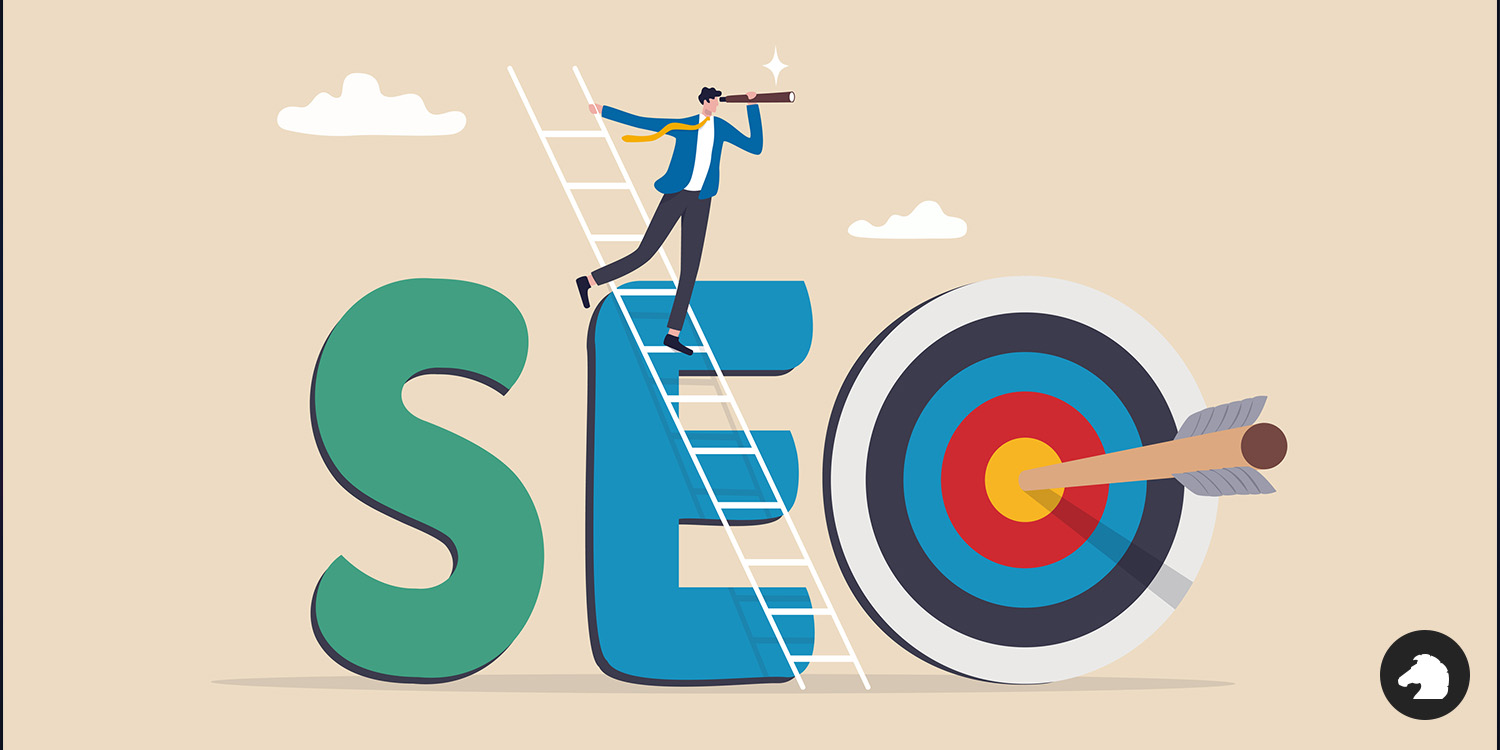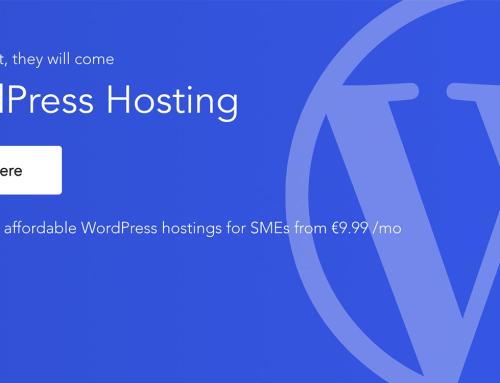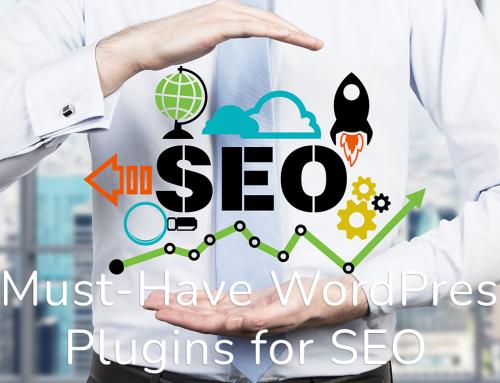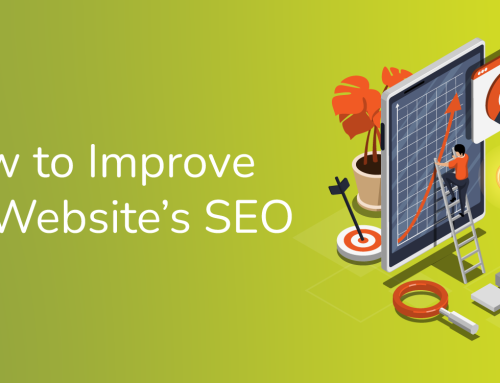In today’s digital age, having a website is not enough to attract visitors. With the increasing competitiveness of online businesses, it’s essential to optimise your website for search engines to drive traffic to your site. Search engine optimisation (SEO) is the process of optimising your website’s content to rank higher on search engines’ results pages. In this blog post, we will discuss five quick and easy ways to improve your website’s SEO, including optimising your meta descriptions and titles, improving your site speed, optimising your alt tags and captions on images, asking fellow friendly businesses for links, and boosting internal pages with internal links. By following these best practices, you can improve your website’s search engine ranking and drive more traffic to your site, ultimately increasing your online visibility and business success.
Optimise your meta descriptions and titles.
Optimising your meta descriptions and titles is an essential aspect of SEO. Your meta description and title tags provide a brief summary of what your webpage is all about. By optimising these tags, you can improve your website’s visibility on search engines and attract more clicks. Make sure to include relevant keywords in your title and meta tags and keep them short and concise. Use a unique and descriptive title that accurately reflects the content of your webpage, and write a compelling and informative meta description that entices users to click on your website.
Alt tags and captions on images
Optimising your alt tags and image captions is often neglected, but it can significantly improve your website’s SEO. Alt tags provide a description of an image to search engines and users who use screen readers, making it easier for them to understand the content. Including relevant keywords in your alt tags can improve your website’s visibility on search engines. Similarly, adding captions to your images can provide additional context and help search engines understand the content on your webpage. It’s’ also essential to do this for accessibility reasons.
Ask fellow friendly businesses for links.
Links to your website are still the most valuable ”ranking signal” to the search engines. Getting backlinks to your website is crucial for SEO as it helps search engines determine the relevance and authority of your website. Backlinks act as a vote of confidence from other websites, indicating that your content is valuable and worth linking to. The more high-quality backlinks you have, the more likely search engines are to consider your website as a reliable and authoritative source of information, which can ultimately improve your website’s search engine ranking and drive more traffic to your site. Approach fellow business owners (not competitors, obviously) and ask them to link to your website or your blog articles. Offer to do the same for them. Whatever you do, do not buy links; this can cause you problems if a search engine finds out.
Boost internal pages with internal links.
Internal website links play a vital role in SEO as they help search engines understand the structure and hierarchy of your website. By linking to other pages on your website, you can signal to search engines which pages are the most important and relevant to your website’s overall topic. Additionally, internal links can help distribute link equity throughout your website, improving the search engine ranking of all your pages. By strategically placing internal links on your website, you can create a more organised and user-friendly website that is optimised for search engines, ultimately driving more traffic to your site.
Improve your site speed.
Site speed is an essential factor in SEO as it significantly impacts user experience and search engine ranking. A slow-loading website can lead to a higher bounce rate (that’s, people who visit your site but leave right away without doing anything), lower overall engagement, and reduced conversions (purchases or leads), ultimately negatively affecting your website’s search engine rankings. On the other hand, a fast-loading website can improve user experience, increase engagement, and reduce bounce rates, all of which contribute to better search engine ranking and more traffic to your site. Therefore, it is essential to regularly monitor your website’s speed and make necessary changes to improve its loading time, such as optimising images, minimising HTTP requests, and using a content delivery network (CDN).
These are just a few quick things you can do to improve your SEO. Don’t wait to do it! The search engines can take ages to update, so the sooner you make these updates, the better.




